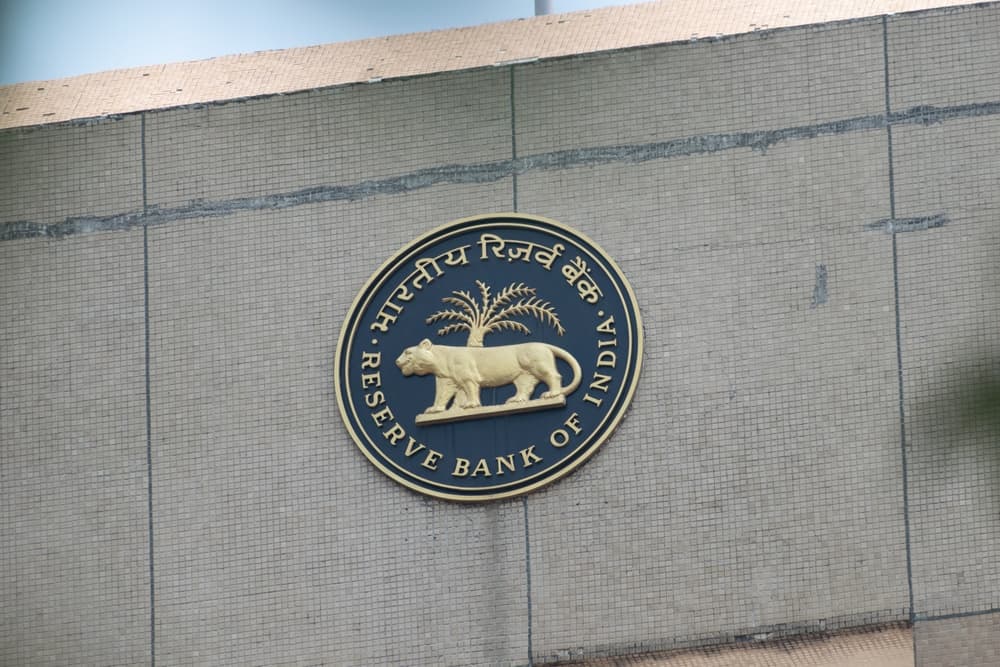Nowadays, credit cards come with several safety, features such as OTP authentication and the option to restrict the card spending limit, but still, card users remain exposed to risks from fraudsters who often come up with newer ways to dupe them. Retirees using credit cards cannot afford to lose money due to such frauds, as they depend on retirement corpus or pension income to meet their expenses. So, what should you do if you suspect Fraudulent Transactions On Your Credit Cards?
Here are some important steps they can take on suspecting credit card fraud.
Report Immediately To The Card Issuer
As soon as it comes to your notice that a fraudulent transaction happened through your credit card, you should immediately report your credit card issuer and get the card blocked. You can contact your card user through phone calls for quicker reporting. You can also use other modes, such as email, physical application, etc. for reporting to your card issuer, but using the phone call option is often more reliable.
On registering the complaint, the issuer will immediately provide you with a complaint number.
Also Read: 3 Points To Remember For Managing Bank Accounts
Report The Incident To Your Nearest Police Station
Report to your nearest police station about the fraud along with supporting documents, such as a copy of your credit card statement, copy of the transaction email, copy of transaction SMS, screenshot of the mobile transaction or phone call recording, if any, and a complaint letter stating details of the entire incidence. You must keep all the details of the fraudulent transactions that happened through your card till the matter is resolved.
What Happens Next?
According to the Reserve Bank of India (RBI) guidelines, a customer is not responsible for losses incurred due to card fraud that happened due to the issuer’s negligence even if the customer fails to report it to the issuer. If the fraud transaction happened because of neither the card user’s negligence nor the issuer, but because of the system, and the victim reports the unauthorized transaction to the issuer within three days, then there is zero liability from the card user’s end.
However, if the fraud happens due to the negligence of the card user, such as sharing the password, card details, etc. then the card user has to bear the loss incurred until the issuer is informed. Further, in case of fraudulent transactions without the fault of the bank or the card user, there are specific timelines for reporting the unauthorized transaction and the card user’s liability varies accordingly. Also, the customer is required to adhere to the issuer’s policy regarding such fraudulent transactions.
In most fraud incidences, the unauthorized transaction amount is reversed to the customer’s account within 10 days of the reporting or up to 90 days in some cases depending on the bank’s policy and the nature of the case.
The author is an Independent Financial Journalist




